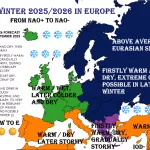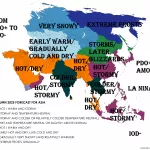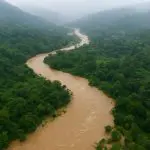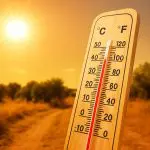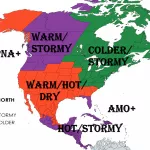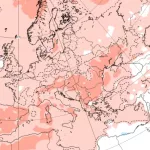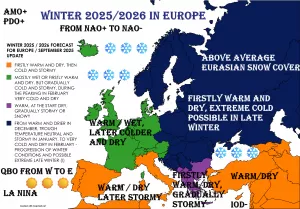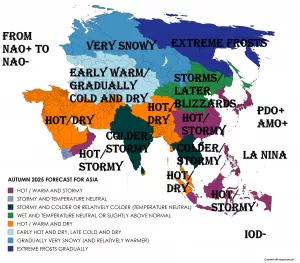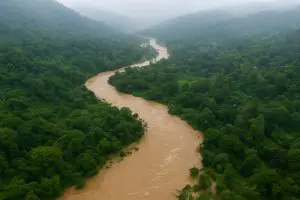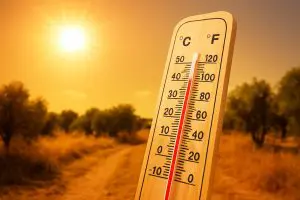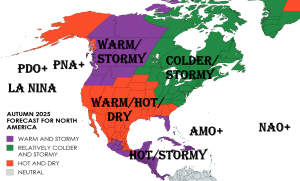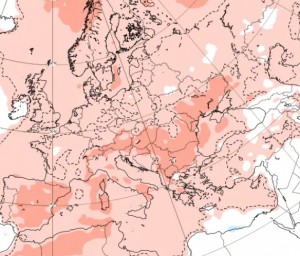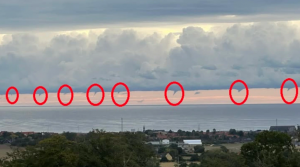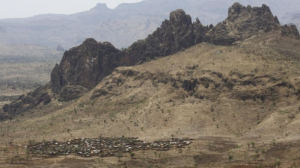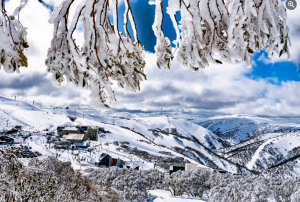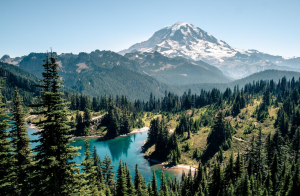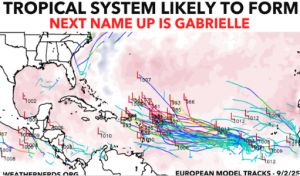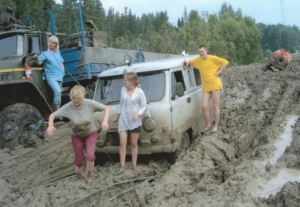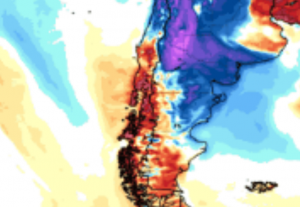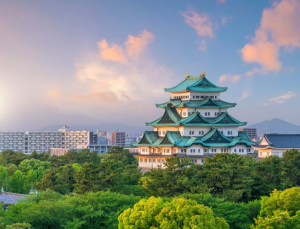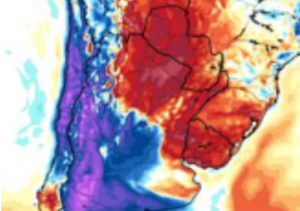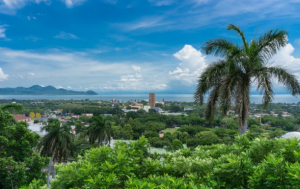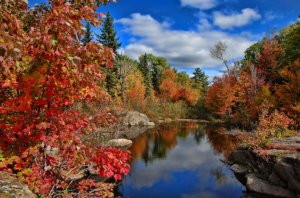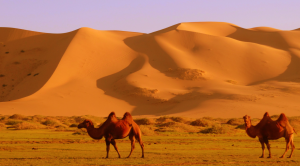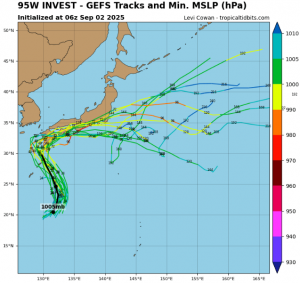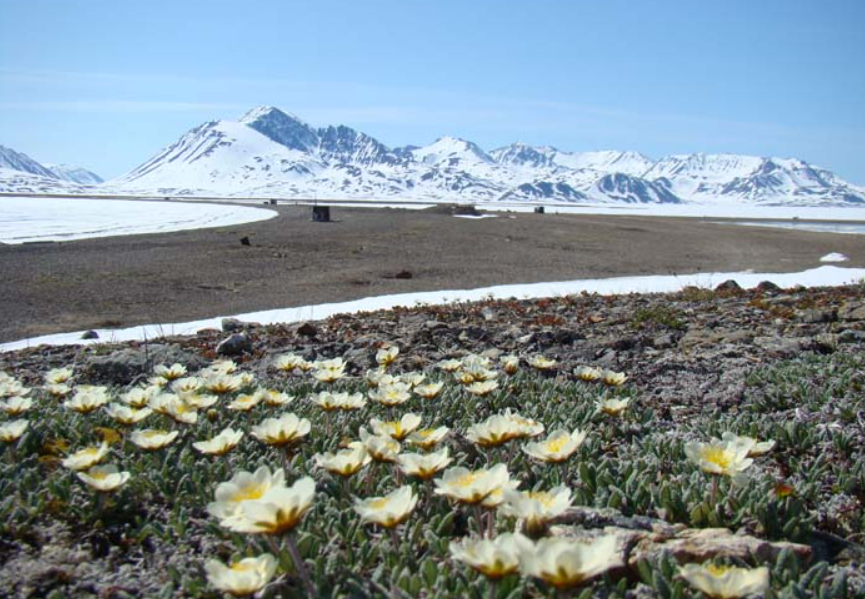
In an extraordinary twist of summer weather, the remote Siberian town of Markovo in Chukotka, Russia plunged to a chilling –2.1°C on July 10th, 2025, just 1.3°C above the all-time July record low. This remarkable cold snap stunned meteorologists and locals alike, as July is typically the warmest month of the year in the Russian Far East, with average lows in Markovo usually around +10°C. The sudden plunge represented a temperature anomaly of more than 12 degrees below normal, making it one of the coldest July mornings ever documented in the region.
Markovo’s geography—nestled in an inland basin along the Anadyr River and surrounded by low hills—makes it particularly vulnerable to sharp nocturnal cooling. Under clear skies and calm winds, cold air pools efficiently, and this week’s conditions were near-perfect for an extreme temperature drop. The event occurred in the wake of a strong Arctic trough and jet stream displacement, which allowed frigid polar air to surge southward into northeastern Siberia.
The broader region has seen similar disturbances in recent years. Subzero temperatures in July have also been recorded in parts of Yakutia and Magadan Oblast, suggesting a recurring pattern of cold Arctic intrusions even during summer’s peak. While Western Russia sweltered under severe heat and wildfires earlier this season, Chukotka and nearby areas have instead faced an unstable and much cooler regime. This divergence is part of a growing phenomenon climatologists refer to as “climate whiplash”—extreme and rapid swings between temperature extremes, often tied to the slowing and meandering jet stream in a warming Arctic.
Although this particular cold snap didn’t break the historical record, it is nonetheless a rare and alarming indicator. Such low July temperatures pose practical risks for agriculture, especially in remote settlements where short growing seasons are critical for food security. A single frost event can wipe out entire crops of potatoes, greens, or berries. Moreover, construction and maintenance on permafrost—typically done during the short summer thaw—can be delayed by surprise freezing events. Local wildlife and fragile tundra ecosystems are also affected, as sudden cold can impact bird nesting, insect activity, and plant development.
Events like the –2.1°C in Markovo serve as stark reminders that in the modern climate, extremes are no longer one-sided. Record heat and record cold can occur side by side, separated by geography and shaped by global circulation anomalies. For the people of Chukotka, it was a morning that felt more like early October than high summer—a clear sign that even the deep Siberian interior is not immune to the chaotic oscillations of a disrupted climate system.

Illustration picture: https://www.beringiapark.ru/events/its-a-fishing-time.html
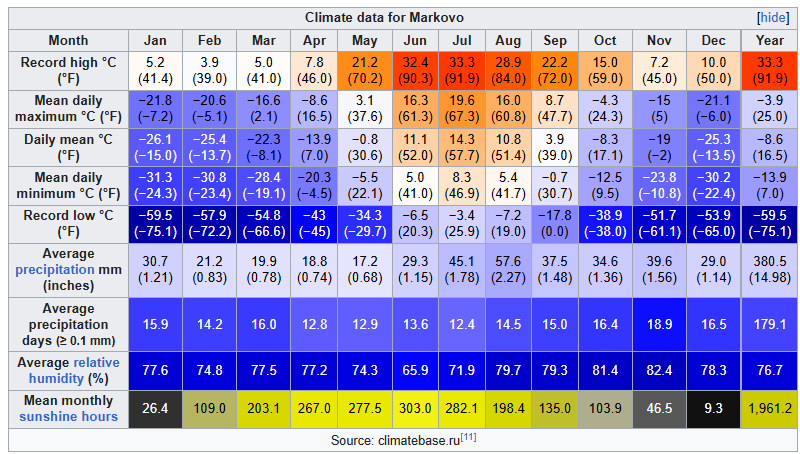
Source: https://en.wikipedia.org/wiki/Markovo,_Chukotka_Autonomous_Okrug

